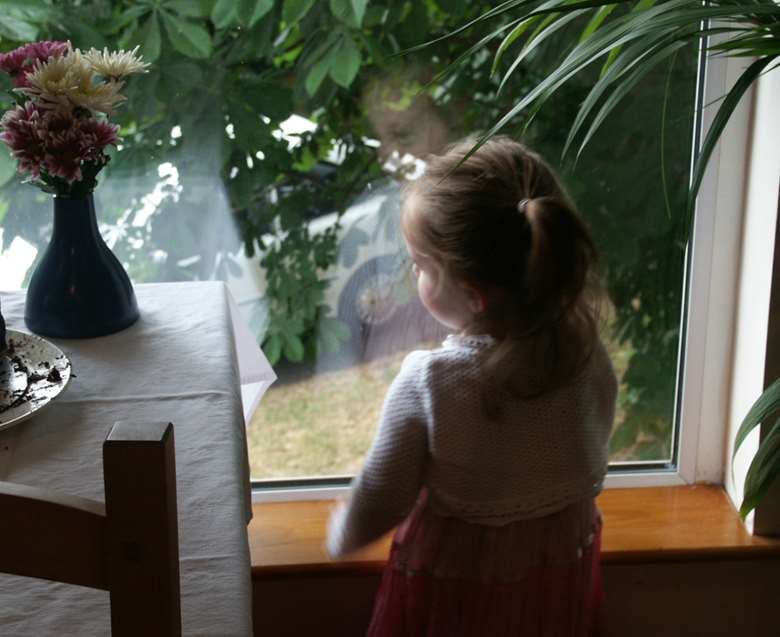Rise in neglect referrals prompts renewed calls for law change
Joe Lepper
Friday, May 30, 2014
The NSPCC has made fresh calls for a law on emotional neglect to be introduced following a surge in reports to its helpline about the issue.

In 2013/14 the charity received 8,000 calls relating to emotional neglect and abuse, of which 5,354 were so serious they were referred to children’s services teams for further action.
This represents a 50 per cent increase on the 3,629 emotional neglect and abuse cases the charity referred to councils in 2012/13.
John Cameron, head of child protection at the NSPCC, said the increase shows that tougher laws are required to protect children from emotional neglect and abuse, as current child cruelty legislation focuses on physical abuse.
"We must recognise extreme emotional abuse for what it is – a crime, and those who carry it out should be prosecuted,” he said.
“This isn't about prosecuting parents who don't buy their children the latest gadgets or trainers this is about parents who consistently deny their children love and affection.”
Action for Children chief executive Sir Tony Hawkhead urged the government to ensure emotional abuse and neglect are covered in legislation.
“While emotional abuse may not leave visible scars, its impact on young people can be devastating, leading to lifelong mental health problems and, in extreme cases, to suicide," he said.
"A new law would help children living in cruel and unbearable situations."
But the calls for a law on emotional neglect have come in for criticism elsewhere.
Alan Wood, president of the Association of Directors of Children’s Services, said it would do little to prevent neglect or abuse.
“Parents who fail to provide the basic level of emotional and physical support for their children do so for a variety of reasons including incapacity, inability, and wickedness but a lack of legislative clarity is not one of those reasons,” he said.
“There is no evidence to suggest a change in the law will prevent further instances of neglect from occurring.”
He added that there is already scope within existing legislation for a prosecution for causing “suffering” to a child.
He also pointed to the fact that emotional abuse is the reason given for nearly a third of child protection plans as evidence that councils are already able to intervene when this form of abuse occurs.
Annie Hudson, chief executive of the College of Social Work has also dismissed calls for the so-called “Cinderalla law”.
“The college is not convinced that a change in the criminal law will significantly increase professionals’ ability to work with children and parents in situations where children are at risk of emotional abuse and neglect,” she said.
David Simmonds, chair of the Local Government Association’s children and young people board, said it is vital that the public are vigilant for instances of emotional abuse against children.
He said: “The whole community has a crucial role to play in identifying and responding to child abuse.”




